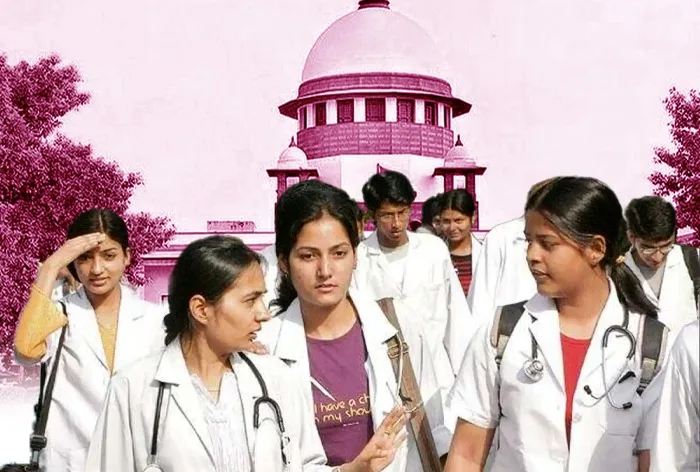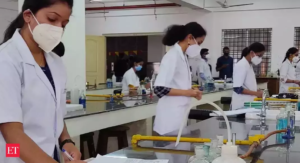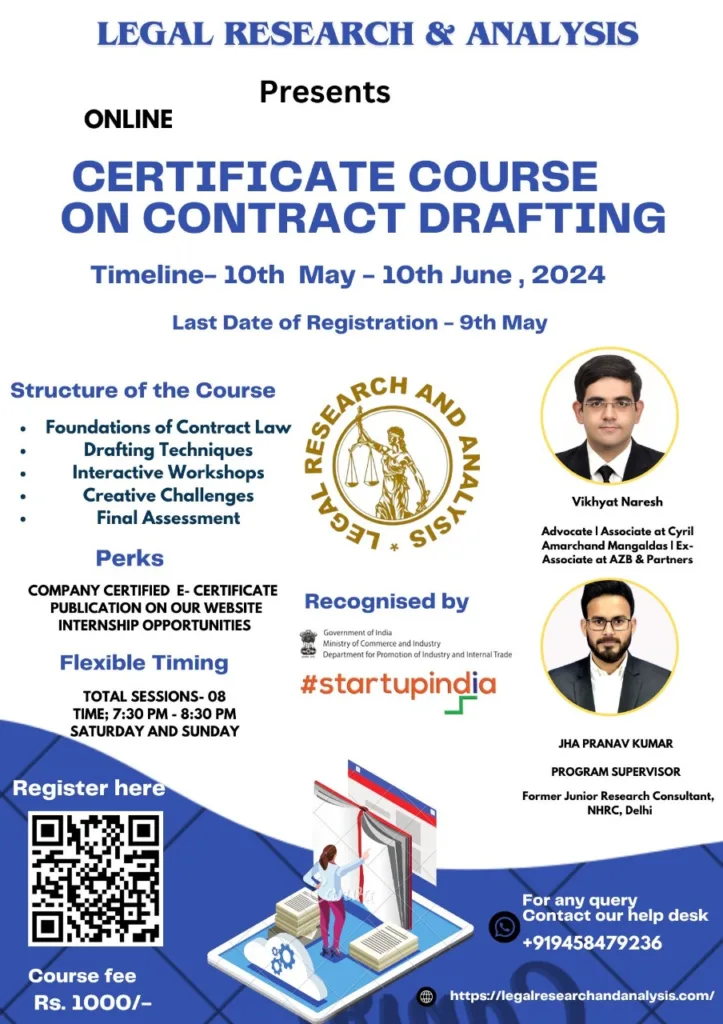
Opportunity for Repatriated Foreign Medical Students:

Introduction:
The Supreme Court of India has recently provided much-needed relief to repatriated foreign medical students. These students were unable to complete their final year MBBS course in India due to the COVID-19 pandemic and subsequent travel restrictions.
As a result, they were facing significant uncertainty and anxiety about their future. However, the recent judgment by the Supreme Court has allowed these students to clear their final exams in two attempts, providing them with an opportunity to complete their studies and pursue a career in medicine.
Background and Context:
The COVID-19 pandemic has brought unprecedented disruptions to every aspect of life, including education. Medical education is no exception, as medical students faced a range of challenges during the pandemic.
One group of medical students that faced unique challenges are repatriated foreign medical students in their penultimate year of study. These students were stranded in India due to travel restrictions and were unable to return to their home countries to complete their studies. As a result, they were unable to clear their final exams and receive their degrees.
The Supreme Court’s Decision:

To address this issue, the Supreme Court of India has allowed repatriated foreign medical students in their penultimate year of study to clear their final exams in two attempts. This decision is a relief for hundreds of foreign medical students who were left in limbo due to the pandemic. The Court’s decision was based on the recommendation of the Oversight Committee set up by the Medical Council of India to examine the issue.
Implications of the Decision:
The Supreme Court’s decision has significant implications for repatriated foreign medical students in India. These students can now complete their studies and receive their degrees, which will allow them to pursue medical practice or further studies in their home countries.
The decision also has broader implications for medical education in India, as it demonstrates the need for greater flexibility and adaptability in medical education in times of crisis.
Challenges Faced by Repatriated Foreign Medical Students:

Repatriated foreign medical students faced several challenges during the pandemic. They were unable to attend in-person classes and clinical rotations due to safety concerns and travel restrictions. Additionally, they faced financial challenges as they had to stay in India longer than expected. Finally, they faced uncertainty regarding their future as they were unable to complete their studies and receive their degrees.
Recommendations for Future Crisis Management in Medical Education:

The Supreme Court’s decision highlights the need for greater flexibility and adaptability in medical education in times of crisis. Medical education institutions should be prepared to adopt innovative approaches to teaching and assessment, such as online classes and remote proctoring of exams.
Additionally, institutions should provide financial and emotional support to students who are facing challenges during crises. Finally, governments and regulatory bodies should work to ensure that medical education policies and regulations are flexible and adaptable to meet the needs of students during times of crisis.
Conclusion:
The recent Supreme Court judgment allowing repatriated foreign medical students to clear their final exams in two attempts has brought much-needed relief to these students. It has provided them with an opportunity to complete their studies and pursue their career goals in medicine.
The judgment is a testament to the importance of flexibility and compassion in the face of a global crisis. It is hoped that the decision will have a positive impact on the medical education system in India and encourage other countries to adopt similar measures to support foreign students affected by the pandemic.
Overall, the Supreme Court’s decision to allow repatriated foreign medical students to clear their final exams in two attempts is a welcome relief for students who were left in limbo due to the pandemic. The decision also highlights the need for greater flexibility and adaptability in medical education during times of crisis.







